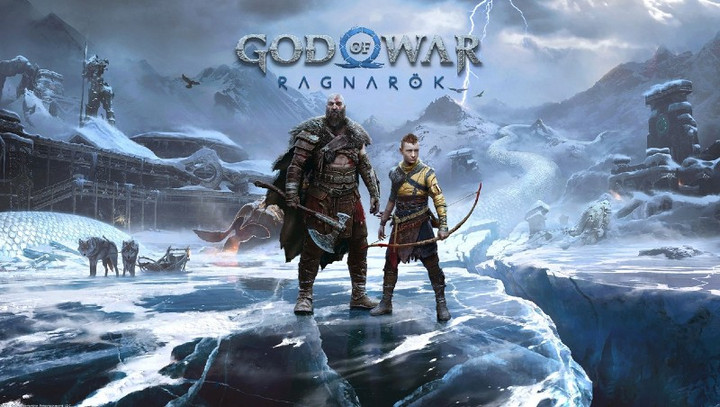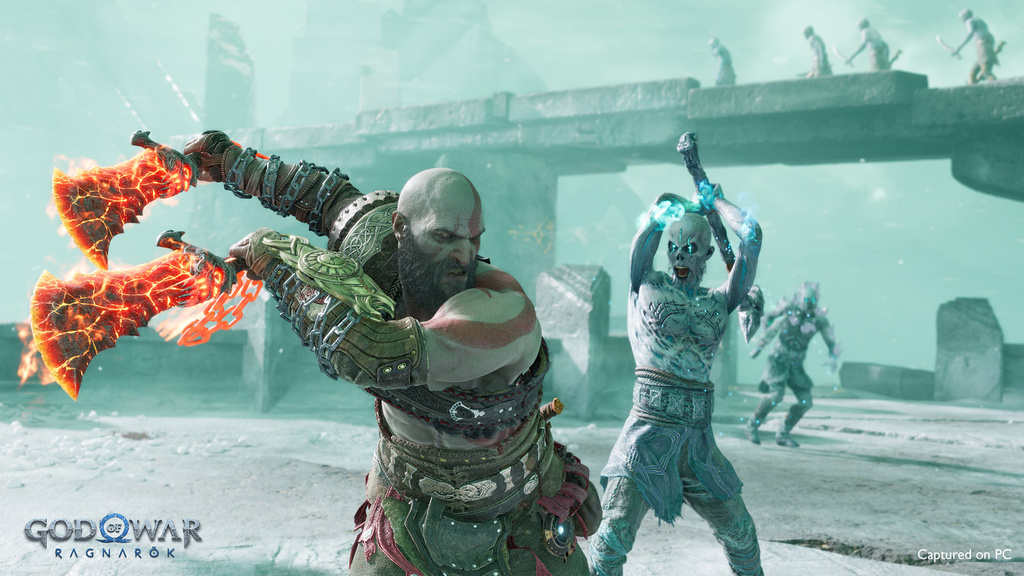Early on in Red Dead Redemption, Bonnie MacFarlane, the woman who saves John Marston's life, says to him, "Are you a religious man?" To which John replies, "Not in any real sense. Sometimes I tell myself that things happen for a reason. Like what brought me here was a fate come-a-calling. But nobody made my path for me."
In my 40 hours long journey in God of War Ragnarok, there were occasions that reminded me of this mere conversation between John Marston and Bonnie MacFarlane in RDR 1, alongside plenty of others between our protagonist and the game's other prominent characters.
These meaningful, well-written, and easy-to-miss conversations made RDR 1 one of the most immersive and impactful story-driven games of its time. God of War Ragnarok has plenty of such moments as well. It delivers a similarly immersive story about redemption that's been long overdue in the video game space.
The pre-launch trailers and the post-launch Metacritic score made it quite clear that God of War Ragnarok is a special game. Most of it is courtesy of its exceptional writing, strong performances, bombastic music, and masterfully crafted single-shot cutscenes that capture the sheer joy, pain, and grief of every single character.
However, despite its many highs, God of War Ragnarok also has the same lows as some of the other first-party PlayStation titles in the last two generations - a redundant open-world design and a flashy yet shallow combat system that overstays its welcome.
A continuation rather than a sequel
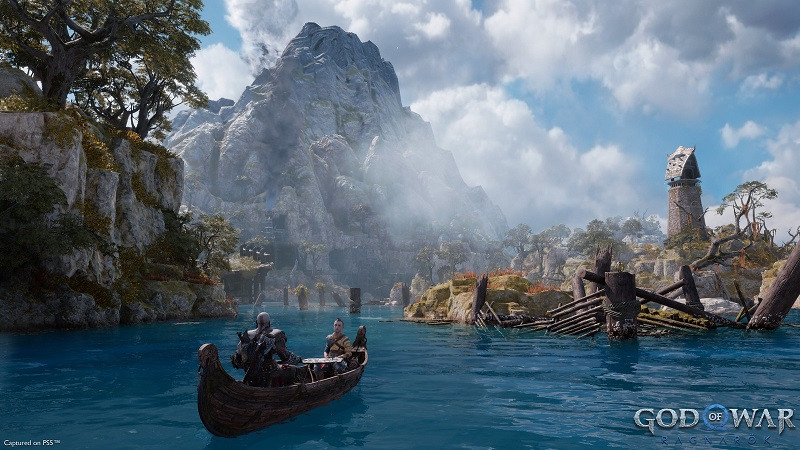
God of War Ragnarok is a sequel, but it feels more like a continuation of its 2018's predecessor. It's, however, both a good thing and a bad thing. God of War took its time establishing a rich world full of intriguing characters and stories, and Ragnarok benefits from it in all the right ways it can.
However, there isn't a groundbreaking visual, gameplay, and structural leap like some other notable sequels did in the past (think Uncharted 2, Assassin's Creed 2.) It's evident from the get-go that Sony Santa Monica's focus for this game was something else entirely. The groundwork had been laid in the last game, now was the time to tell an epic story.
God of War Ragnarok is an absolute behemoth of a narrative and cinematic experience that sets the stage unprecedently high, even by PlayStation's lofty standards. It's diligently written, sincerely delivered, and phenomenally showcased through its many cutscenes and the quiet moments in between.
It's absurd how many incredible set pieces there are in God of War Ragnarok. They are all equally good, and it's almost jarring to see them delivered so profoundly, one after another, in a game of such massive scope and size.
A morally complex tale of mortals and immortals
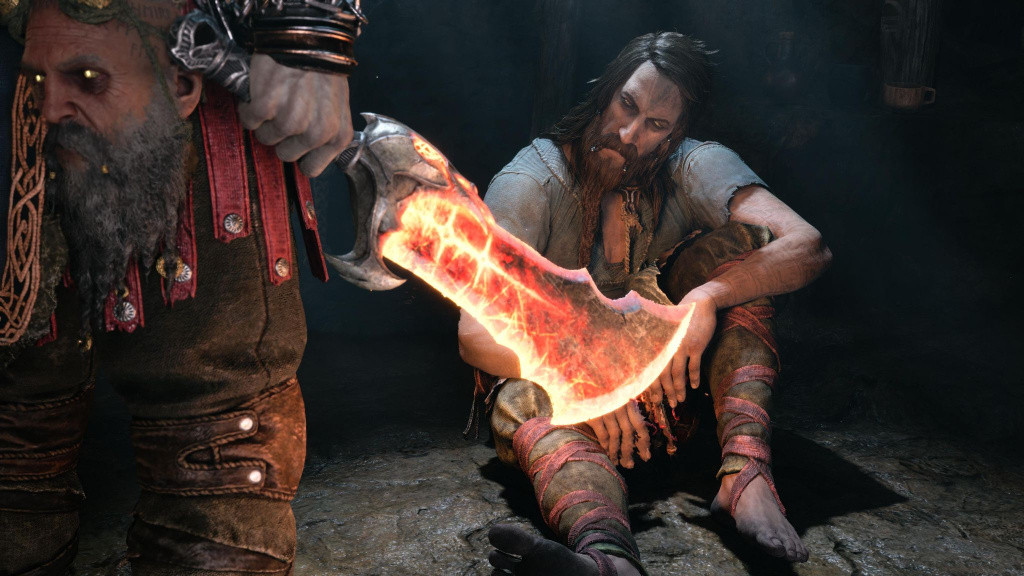
The story in God of War Ragnarok progresses with every cutscene, every boat ride in between those cutscenes, every side quest, every boat ride in between those side quests, every new lore-infested collectible, and every boat ride in between finding those collectibles. You get the gist.
Kratos and Atreus are far from the best father-son duo in all the nine realms, but there have been significant developments since the last game. The Ghost of Sparta, for the most part, retains his stoic personality, but there's a subtle shift in the tone of his voice when he's addressing or listening to Atreus. Atreus or Loki, if I must say so, has a larger role to play in this story, and many will find his coming-of-age tale a welcome and vibrant change from the past entries in the series.
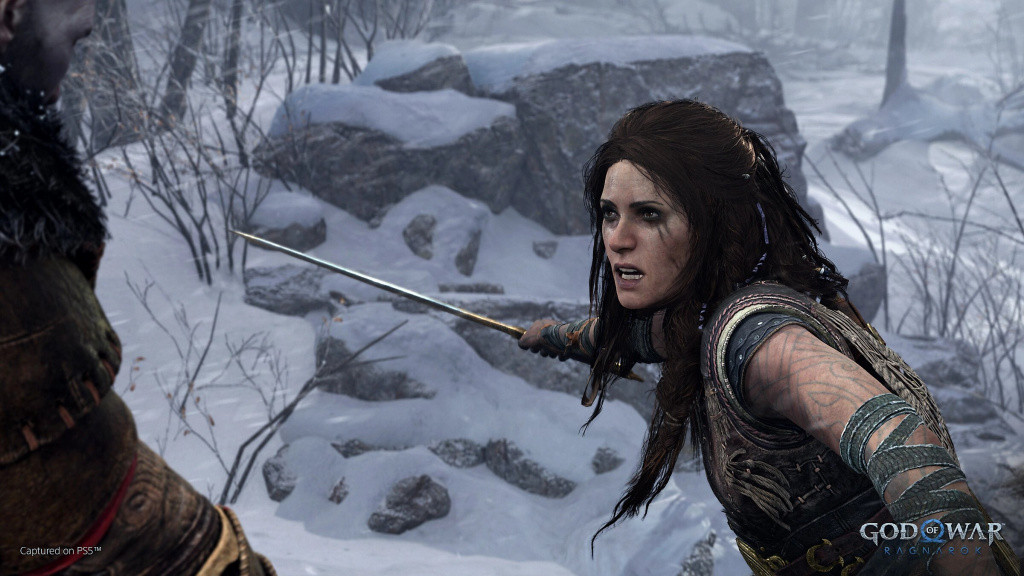
Besides Kratos and Atreus, every other main character, be it Freya, Sindri, Brok, and even Mimir gets their fair share of the spotlight in the story. God of War Ragnarok isn't just Kratos' redemption plot, but of all the characters mentioned above and more.
Most of these stories branch into the game's narrative-heavy side quests that takes a page out of The Witcher 3: Wild Hunt. Like the latter, God of War Ragnarok treats its side quests as an extension of the main quest, which makes them all the more important.
These side quests or favors, as the game calls them, represent the very best of the Norse culture. They conclude the story arcs of some of the most beloved characters in the game that began in the main story.
While they don't change the overall outcome, these side stories in God of War Ragnarok have a staggering effect on the main narrative, which in my opinion, is always a wonderful feat to achieve in any open-ended game.
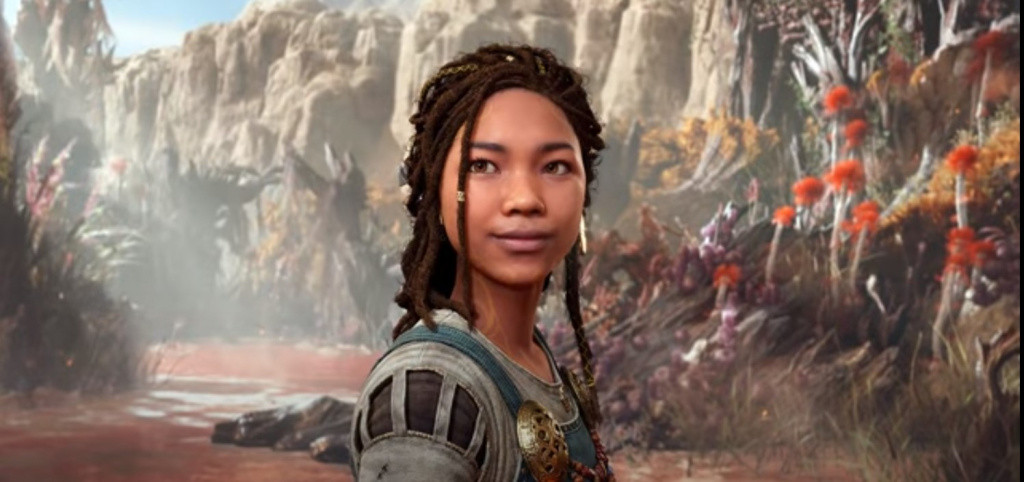
Aside from the obvious turnarounds, God of War Ragnarok's take on Norse mythology is sincere and believable, and it stores surprises for both those who are well acquainted with it and those who are oblivious to its history.
Sony Santa Monica Studio has done a fine job crafting a tale that's hell-bent on toying with players' expectations. It's a story full of twists and turns and moments that no one would see coming.
Exposition dumps are kept to a bare minimum, and the story unfolds naturally throughout the journey. When the big revelations do happen, they are tectonic in nature. It's important to acknowledge how proficient Sony Santa Monica Studio has become in producing incredible narratives since the launch of the original trilogy.
The narrative and presentation comes at a cost
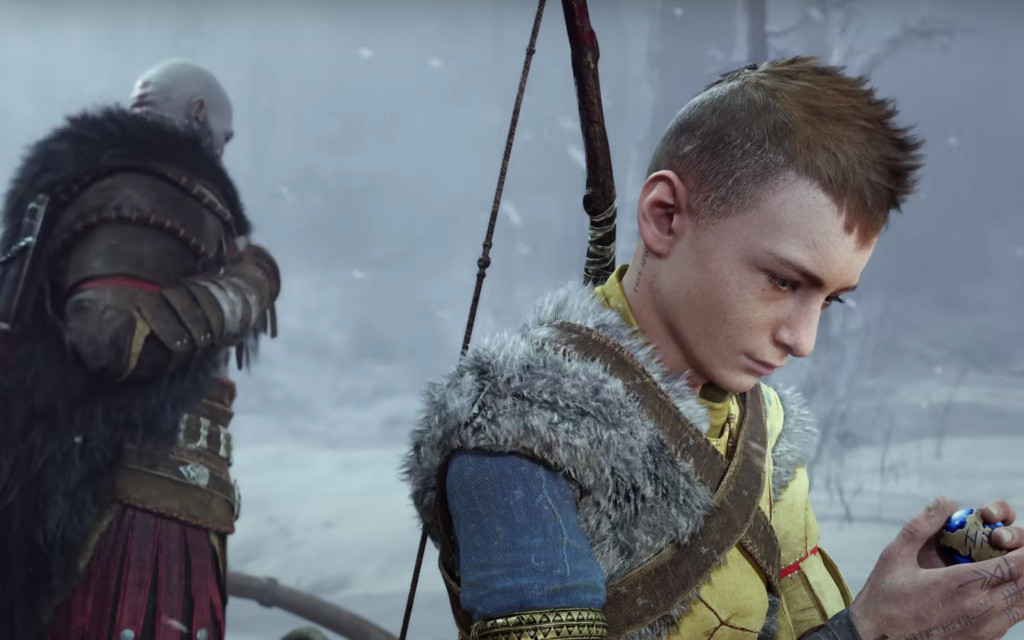
Unfortunately, God of War Ragnarok suffers from the same problem that has plagued many other PlayStation titles in the past. In its pursuit of delivering an incredible story with jaw-dropping set pieces, it forgets to hone out other aspects of the game, such as the gameplay and the open world.
Make no mistake, God of War Ragnarok's combat is responsive and satisfying to use and many players won't even notice the difference. However, the longer one spends time in this world, the more it's evident that this combat is mostly style and no substance.
For the most part, Kratos' primary weapons remain his trusty old Blades of Chaos and his dead wife's Leviathan Axe. Both these weapons have different move sets and different skill trees, which players can upgrade throughout the story. However, there's very little variety in the move sets and combos to keep the combat fresh for 20+ hours. It might not have been a huge issue where God of War Ragnarok was a 10-12 hours long linear game.
However, in a 40+ hours long campaign, it needs more substance to sustain. Even early on, it's easily evident that God of War Ragnarok's combat system is caught somewhere between hack-and-slash titles like Devil May Cry 5 and action RPGs like Elden Ring but ends up being nowhere as intricate as any of those titles.
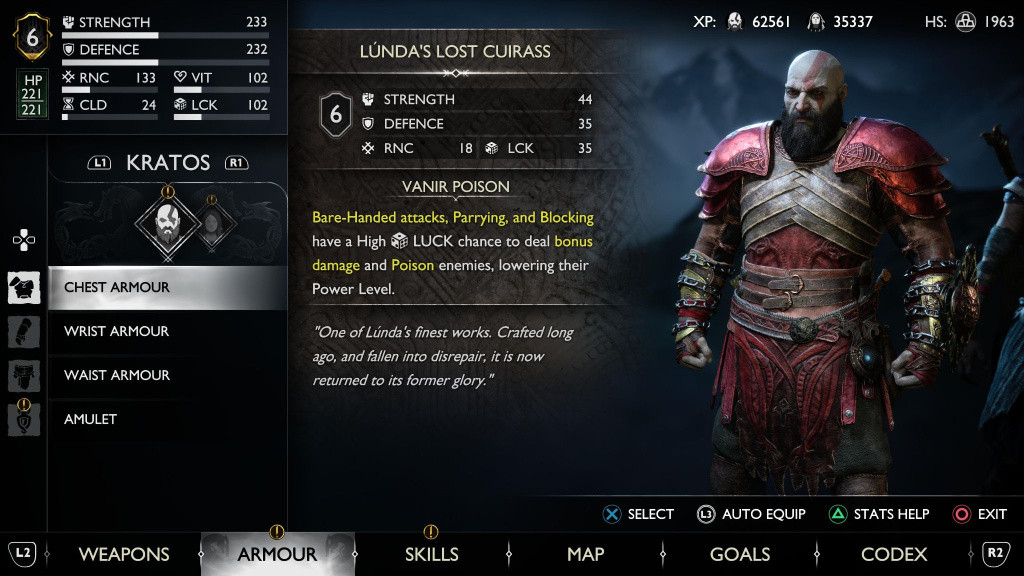
Like 2018's God of War, God of War Ragnarok also features build crafting, with different armor sets offering unique perks. There are also Relics and Enchantments that provide active and passive buffs. However, there's just not enough variety here for unique builds, not to mention the perks aren't ground-breaking either.
What makes the matter worse is how most of the skills, move sets, armor, and weapons perks carry over from the last game. It isn't that these skills and perks aren't fun to use. It's just strange that the ones that were in the last game aren't available to use from the get-go.
An option to carry over weapons, armor, and skills from 2018's God of War would have been cool. Then players wouldn't have to spend so much time unlocking those same skills all over again. In all honesty, such a feature doesn't seem too far-fetched, considering this is still a cross-gen title and a continuation of the last game.
Sony Santa Monica Studios could have taken this opportunity to introduce a whole new set of skills and combo maneuvers that could have built upon Kratos' existing arsenal. Instead, it took a path that refreshes all the gameplay progress Kratos makes in the last game and reuses them all over again with only a few new notable additions.
The new moves and abilities have some stunning animations and are a sight to behold during intense combat encounters. However, this feeling quickly wears out, given the lack of variety.
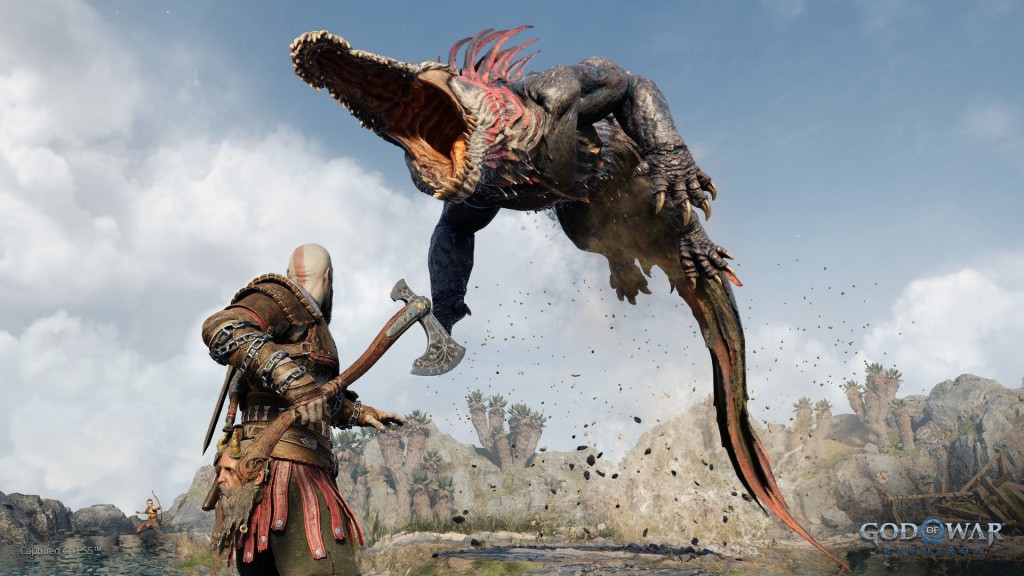
Boss fights in God of War Ragnarok are true visual spectacles and are always delightful to watch. However, the actual combat is far inferior to the jaw-dropping cutscenes that follow before and after those fights. The opening fight with Thor is a great example of such a situation. It's hands down one of the best cinematic sequences ever in a video game. However, the actual battle in-game is just clumsy, repetitive and tedious.
Most main boss fights in God of War Ragnarok have two or three phases and they do fine a job of keeping the player on edge. These are intense encounters, and while they provide a decent challenge, there's not much player agency.
Even the end-game bosses are just bullet sponge enemies that require no real strategy to defeat, not to mention the rewards aren't really worth it.
The new weapon mods, aka mod tokens, also encourage players to keep using the same set of skills over and over again. While I appreciated this new addition, it was just another reminder of how limited God of War Ragnarok's combat truly is.
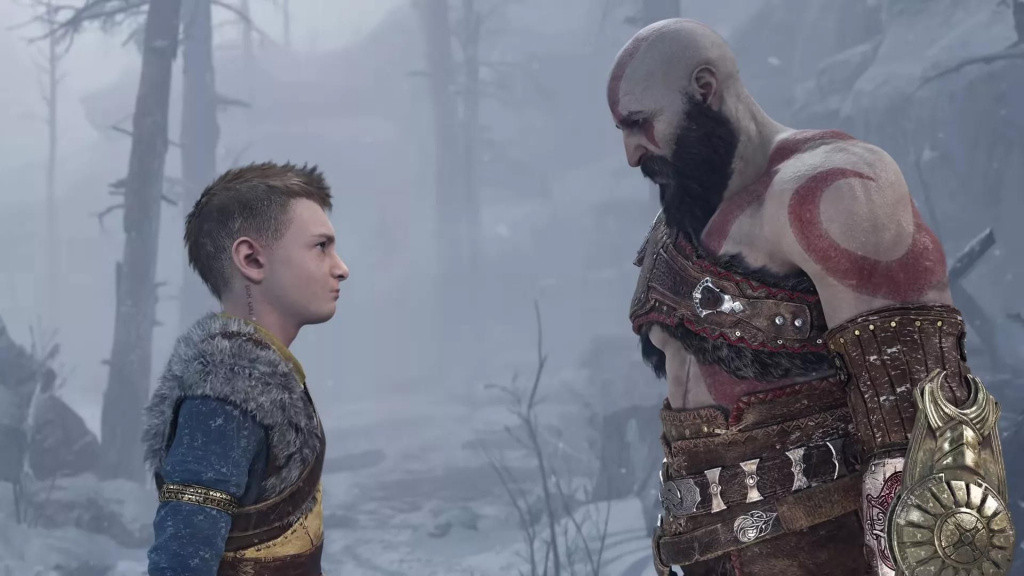
As the story progressed, I found myself yearning for more cutscenes and less combat, even in those story-driven side quests where the journey from point A to point B offered some cool anecdotes.
One aspect of the gameplay that did feel like a huge step up from its predecessor was the puzzles. God of War Ragnarok offers some of the best puzzles in a Metroidvania game in recent memory.
The puzzles in this game hit the perfect sweet spot where they keep the player on edge without making them frustrated. I personally felt that the puzzles in 2018's God of War were sometimes incredibly frustrating and greatly hindered the pace at which the story and progression happened. Fortunately, that doesn't happen here.
Although there's no level-gating, God of War Ragnarok quickly falls victim to a redundant world design and a repetitive combat system that doesn't know how to keep up with the game's solid world-building, story, and set pieces.
While clever puzzles and lore-infested side quests and collectibles were fascinating, I found myself wanting to watch rather than play this 40-hour-long cinematic experience. It's a sentiment I have had for plenty of other first-party PlayStation titles, and God of War Ragnarok is now part of this growing trend.
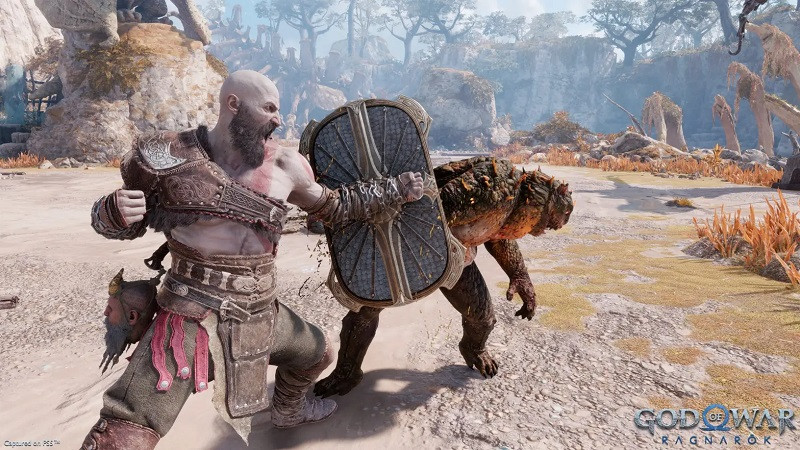
However, most of these shortcomings don't matter in the end since God of War Ragnarok utilizes its strength to immerse players into its world. It soars incredibly high thanks to its solid writing, over-the-top action, and stellar cinematic sequences that are truly some of the best, if not the best, in the modern AAA games space. It's something that will remain vivid in the player's memory long after the credits have rolled.
Its tale of redemption is made even more memorable by Bear McCreary's vigorous orchestral soundtrack that constantly adds magic, mystery, and mayhem to it. All of these, combined, provide a cathartic experience that is bound to have a long-lasting impact on the AAA games industry.

 No ads, our video library,
No ads, our video library,
